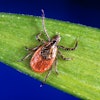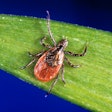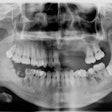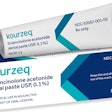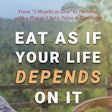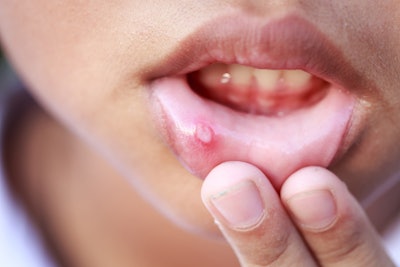
A woman's overall intake of dietary antioxidants, including vitamin C, may play a role in causing recurring aphthous stomatitis (RAS), which is better known as canker sores, according to a study published on September 20 in the International Dental Journal.
Furthermore, women without recurring canker sores had a greater intake of zinc and a lower intake of vitamin C, the authors wrote.
"If this is confirmed in future studies, recommending a diet with a high DAI (dietary antioxidant index) score may be considered a protective factor against RAS," wrote the authors, led by Dr. Maryam Gholamalizadeh of Shahid Beheshti University of Medical Sciences in Tehran, Iran.
The most common conditions affecting the mouth lining's mucous membranes are canker sores. It's estimated that about 1 in 10 people are affected, and RAS is more common in women than men, according to the U.S. National Institutes of Health's National Library of Medicine.
The specific origin of recurring canker sores is unknown, though possible triggers of these ulcers include genetics, stress, hormonal shifts, allergies, and immune system function. Though these sores often heal on their own and don't cause other problems, they often are painful.
To investigate the link between the dietary antioxidant index (DAI) and the occurrence of recurring mouth ulcers, a cross-sectional study was conducted with 144 women with RAS and 135 women without canker sores. A questionnaire was used to assess their dietary intake of vitamins A, C, E and manganese, selenium, and zinc. To measure the antioxidant capacity of their diet, DAI was applied, and regression models were conducted, according to the study.
Regarding the intake of dietary antioxidants, women who didn't have RAS had a higher intake of zinc (12.01 ± 4.14 versus 10.94 ± 4.64 mg/d, p = 0.043) and a lower intake of vitamin C (182.29 ± 115.83 versus 243.68 ± 193.28 mg/d, p = 0.003) compared to females with canker sores.
In terms of DAI scores, the mean nutritional antioxidant index of vitamin C was dramatically lower (-0.19 ± 0.72 vs 0.2 ± 1.20, p = 0.003) and the mean index of zinc was significantly higher (0.12 ± 0.94 versus -0.12 ± 1.05, p = 0.043) in women without canker sores compared to those with the oral condition, the authors wrote.
Nevertheless, the study had limitations. Due to the cross-sectional nature of the study, a cause-and-effect relationship could not be established, they wrote.
More studies are warranted, but "the present study indicated a possible negative association between the risk of RAS and the DAI score as a measure of the antioxidant potential of diet," Gholamalizadeh et al wrote.


